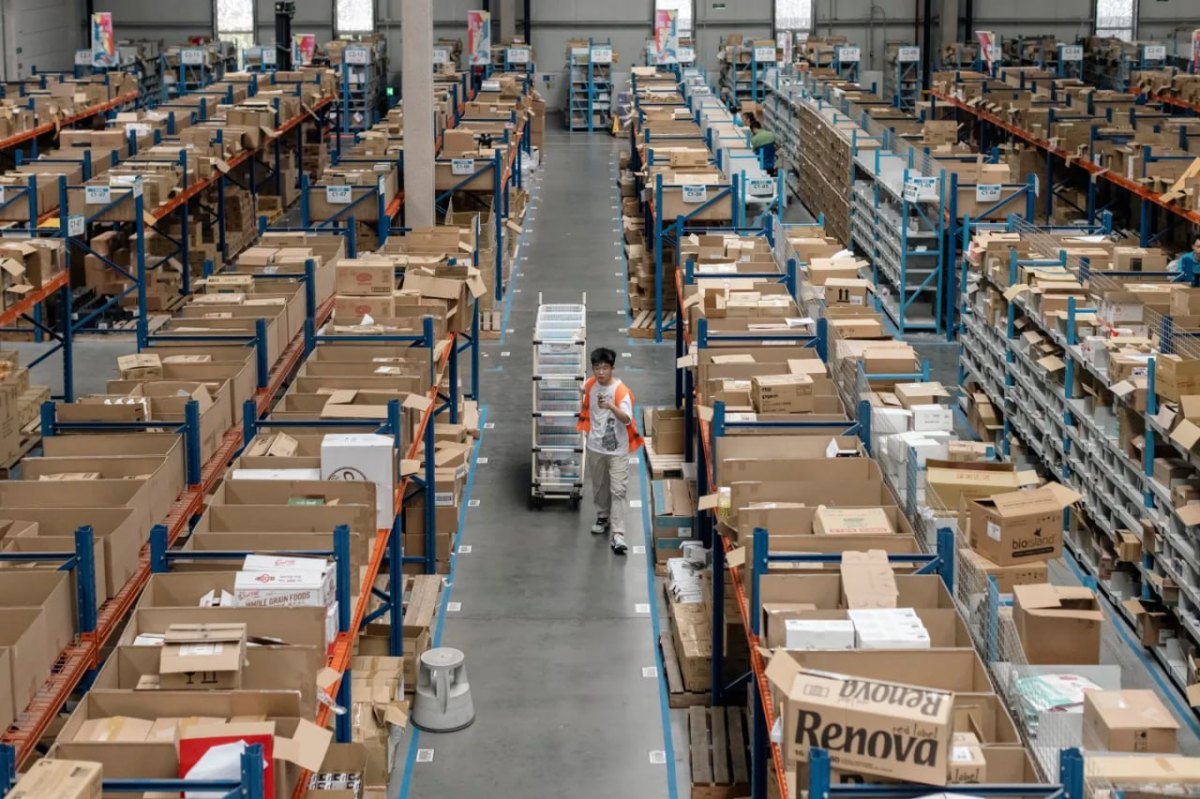Companies importing goods into the United States from China are rushing to convert their regular warehouses into bonded warehouses—facilities exempt from U.S. customs duties—so they can store items without paying tariffs until the goods are sold. The U.S. currently has over 1,700 bonded warehouses where imports can be stored without immediate payment of duties, such as customs tariffs, which now stand at 30% for goods from China.
These duties are only paid when the goods leave the bonded warehouse, allowing businesses to better manage cash flow in the face of shifting trade policies. This scramble to set up bonded storage for a range of products—from clothing to auto parts—is seen as a hedge by some importers who believe Trump’s tariff hikes may only be a short-term political move.
Four industry sources reported that, due to the Trump-era trade war, many bonded warehouses are now filled to capacity. The cost of renting space in these facilities has surged, pushing companies to apply to U.S. Customs and Border Protection for approval to expand or open additional bonded warehouses.
Brief Analysis and Context:
This development reflects the business sector’s reaction to uncertainty over trade policy, particularly with a possible second Trump administration. Bonded warehouses offer flexibility, helping importers delay tariff payments and potentially avoid them altogether if the goods are re-exported or trade rules change. The rush also signals anticipation that tariffs on Chinese imports could become stricter again, and businesses are looking to protect their margins by securing bonded space now.
If Trump is reelected and continues his protectionist stance, these warehousing strategies may become even more critical. However, this also adds pressure to U.S. Customs for oversight and creates a more complex logistics environment. For now, it’s a short-term workaround in a volatile policy climate.

